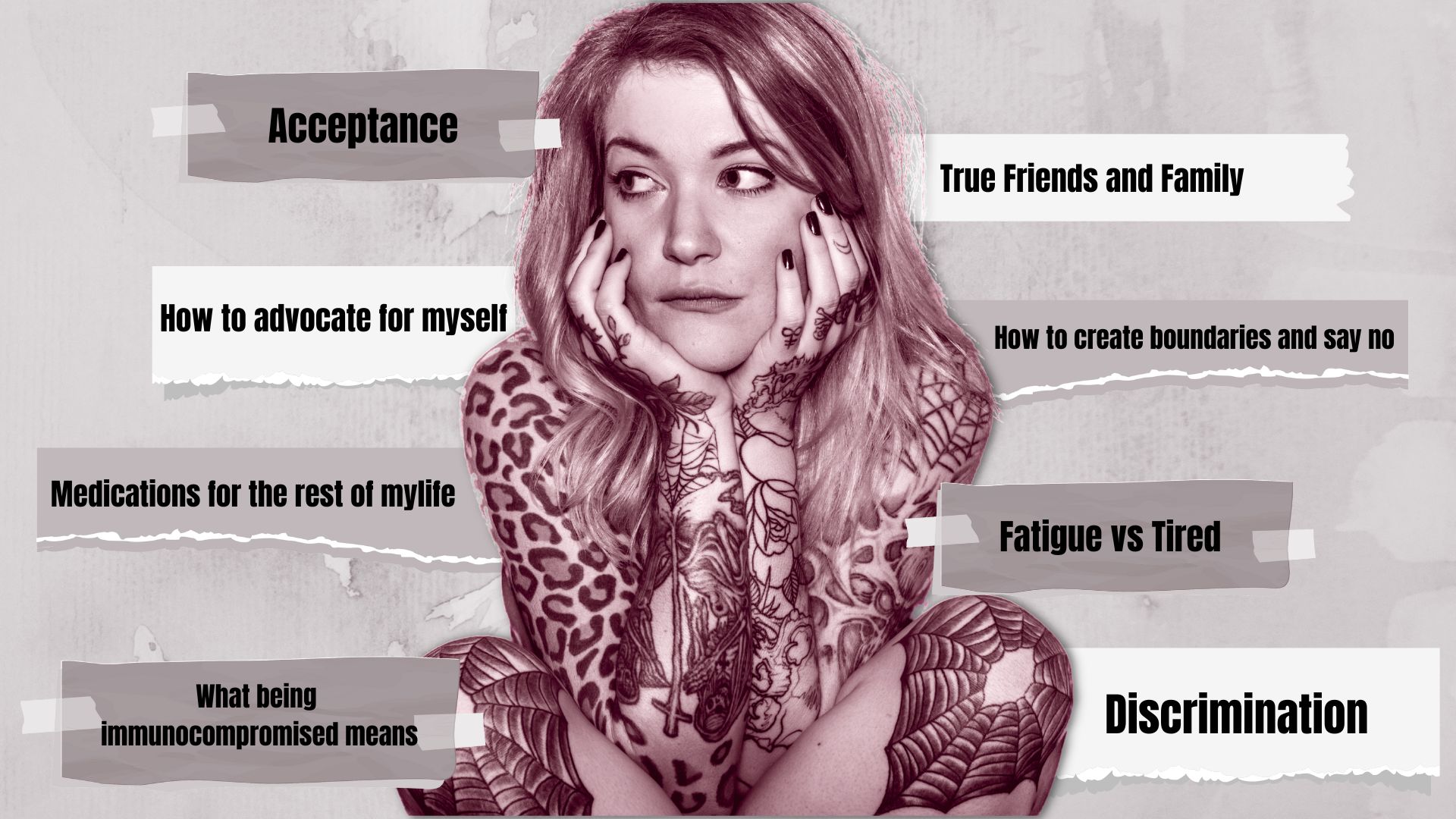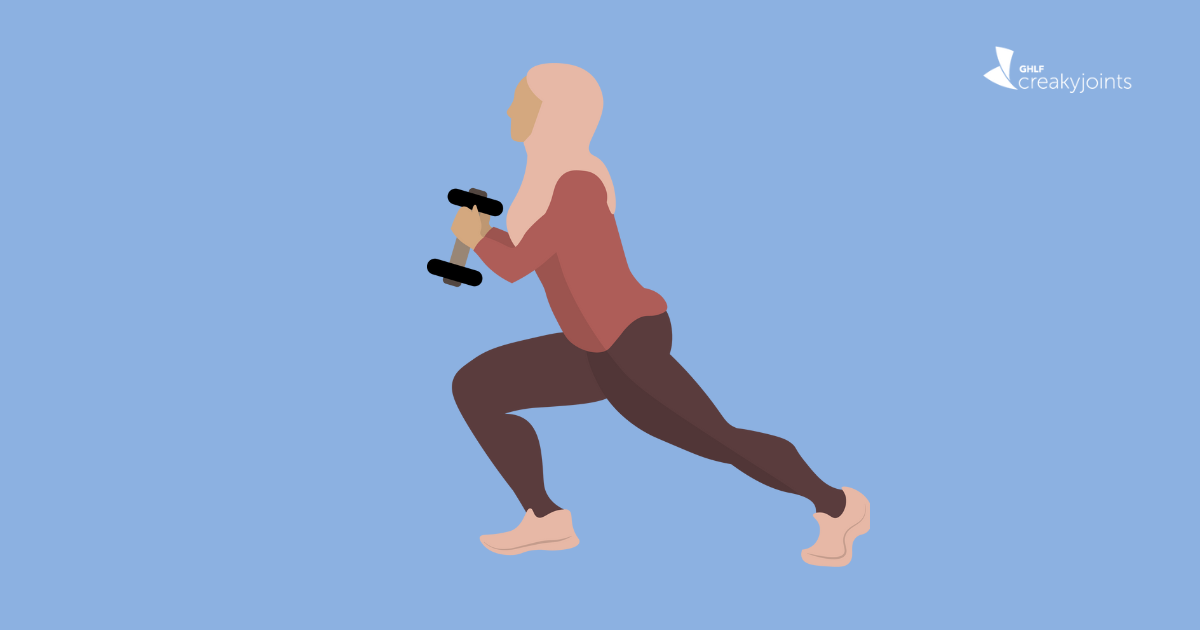There is no loss of increasingly available smart home devices. Smart home devices are defined as technology that securely works with your home WiFi to control everyday household items. Since many of us spend a lot of time in pain at home, we thought it would be helpful to share some products that may make our lives easier.
Here are four common devices:
Smart Assistants: These gadgets connect to your WiFi and can control your other smart home devices. Some common features are playing music, finding out the weather and setting reminders and alarms.
How we use them: We love being able to control music while not needing to get off the couch.
Smart Lights: These are lights that can be controlled by your phone or smart assistant. Some work directly with your WiFi while others require a hub that plugs into your WiFi-router.
How we use them: These can change colors and brightness to help when we are in pain. For instance some people with migraine find that incandescent and warm lighting is less of a trigger than bright white/cool lighting.
Smart Plugs: These devices plug directly into your outlet and can power your device on and off through your phone or smart assistant.
How we use them: Plug into a lamp that is far from your bed so you can turn on/off the light without having to get out of bed.
Smart Thermostats: These smart devices learn your routine and help you save money. They also can be controlled remotely so you can raise or lower the temperature in your apartment/house from anywhere.
Tip: Check with your local power company for deals and discounts on smart thermostats.
Note: some of these products are easier to install than others. The smart plug is pretty straightforward but a smart thermostat may require some wiring. YouTube has great tutorials for those who want to tackle these projects by themselves. While some smart home technology can be expensive it is slowly becoming more affordable. Look for sales and deals from your favorite retailers.
Do you use a smart device? Let us know what works (or doesn’t) for you.





